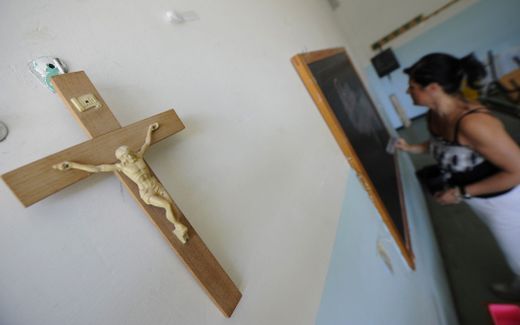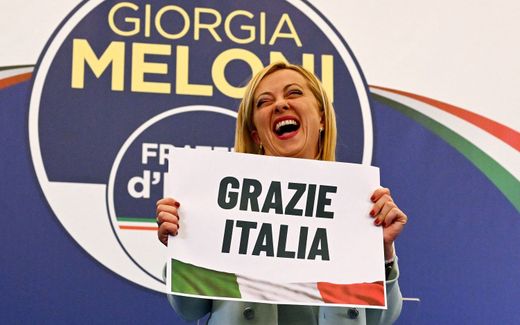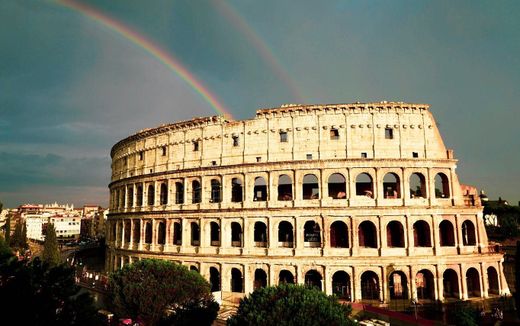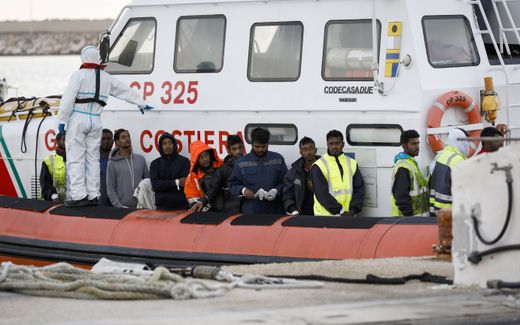Column from Italy: Authority doesn’t see Protestant house of worship as church
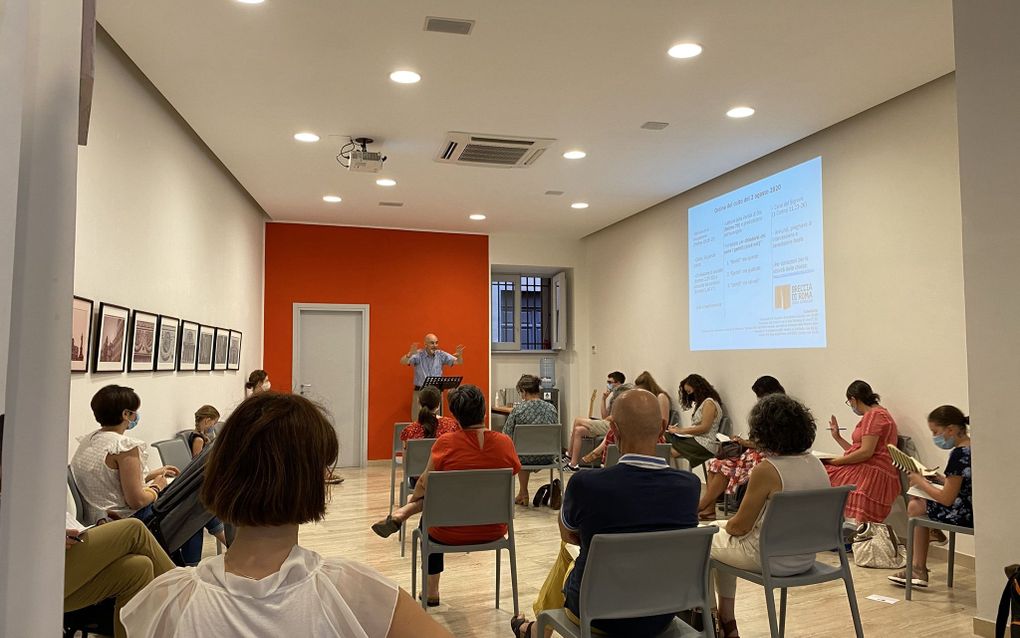
The Breccia di Roma Church in Rome is not recognised as a religious house of worship by the tax collector. Photo Facebook, Breccia di Roma
Christian Life
What is the difference between a house, a shop and a church? Surprisingly, the Italian tax agency seems to have a very clear idea about this. But churches that don’t look Roman Catholic are forced to go to court because of this.
When I arrived in Rome about 11 years ago, I began attending a small, newly formed church that did not yet have its own worship space. After much prayer and fundraising, the church was able to purchase an old space that had been used as a storeroom and turn it into the place where the church now meets for worship, where it holds mid-week meetings and many other activities related to the life of the church.
There was enthusiasm in deciding how to furnish the long-awaited space that had finally become our property. Some delegated members took care of all the details regarding the furnishings, and the basic idea was to have a place that would be decent, simple, efficient, and versatile. The desire was to have a configuration that could be adjusted if necessary and be used in a multifunctional way.
The venue allows the church congregation, God's people, to meet and serve Him in different ways, but of course the place does not make the church!
Tax exemption
With the same amount of enthusiasm, we also had to begin a bureaucratic process of changing the official purpose of the space from a place of commercial business to a church building. This was necessary and advantageous for the church because the Italian law rightly provides tax exemption for places of worship.
This should not have been a difficult process, but in recent years it has turned into a legal battle between a small evangelical church and the Italian national tax agency. By now, the issue is dangerously shifting to an ideological level, challenging the principles of religious freedom, which are already precarious in Italy.
All the relevant authorities had given their approval and we even paid a fee of 6,000 euros to proceed with the zoning change. Everything was proceeding as usual, and there was no reason to believe that this would cause any problems.
Simplicity
That is, until some inspectors from the Italian national tax agency came to inspect the space. They wanted to verify that the place was indeed a place of worship and that we were not using it for commercial activities.

Upon entering, it is obvious that this is not the case! There are only chairs, a lectern, and a table where bread and wine are placed on Sundays. In the basement there is a library full of theological books. Despite its simplicity, it hosts many activities that promote the gospel.
The inspectors took pictures and asked many questions. Shortly thereafter, a notice came from the court. The agency wanted to challenge the decision to grant permission to convert the building into a place of worship. The reason given was that the building lacked the "intrinsic characteristics of religious buildings".
The rationale given was absurd! Does this mean that for the inspectors, a building without altars, statues and majestic ornaments does not resemble a church at all, and cannot be considered a place of worship? Even though it is not used for commercial activities, they did not want to grant the tax reduction because their specific idea of a place of worship corresponds to the architecture of Roman Catholic churches, which surround our little church and fill our city.
It seems unbelievable, but this fight for rights related to religious freedom takes place in a country where religious minorities, such as Protestants, have been misunderstood and undervalued.
Altars
Historically in Italy, Protestant churches have never had altars, statues or images. A congregation's decision to use a modern, simple design that allows the building to be multifunctional certainly cannot be challenged by a tax authority or a court.
Despite the absurdity of the charge, our small church had to hire a lawyer and go to court. Thankfully, we won the case, and it seemed that the story could be concluded. However, instead, the agency would not accept the decision and appealed to the Superior Regional Court.
It emphasised the question of the church's appearance, also showing photos of buildings that, according to them, corresponded to the idea of a church: stately and full of religious ornaments. My church also won the second trial, while unfairly facing other burdensome expenses.
Despite having already lost two cases, the Italian national tax agency is not giving up and has now taken the case to the Supreme Court of appeals, insisting on the same charges. The small worship centre, they continue to contend, does not resemble a church and therefore must pay taxes.
Distortions
We do not yet know the outcome of the Supreme Court case, but it remains a serious matter. A small church with few resources has already had to pay 12,000 euros in legal proceedings because the Italian tax authorities will not accept that a place of worship cannot be distinguished from the many Roman Catholic buildings they are accustomed to.
It seems ridiculous and hard to believe, but unfortunately these are the distortions that arise when a country does not understand the very laws it claims to promote and uphold.
The constitution clearly states that religious minorities can exist. But in daily practice, Italian institutions do not know them and do not want to deal with them in an egalitarian way. Moreover, the practice of interference between Church and State, which has always existed in Italy, seems to be difficult to abandon, and a state tax authority seems to want to impose its own idea of church and places of worship on a “sect” whose history and practices it obviously is not familiar with.
Winning this case would be a major breakthrough, not just for the rights of one small church, but for clarifying the foundations of religious freedom across the country and establishing the boundaries beyond which the state cannot intrude. Italy needs people praying for true religious freedom!
Chiara Lamberti (1992) was born and raised in Naples, Italy. She studied Communication Sciences and has a master's degree in Information, Publishing and Journalism. She also has a degree in theology. She writes for the Italian Evangelical Alliance and contributes to the Protestant magazine Loci Communes. With her husband, daughter and son, she lives in Rome.
Related Articles


